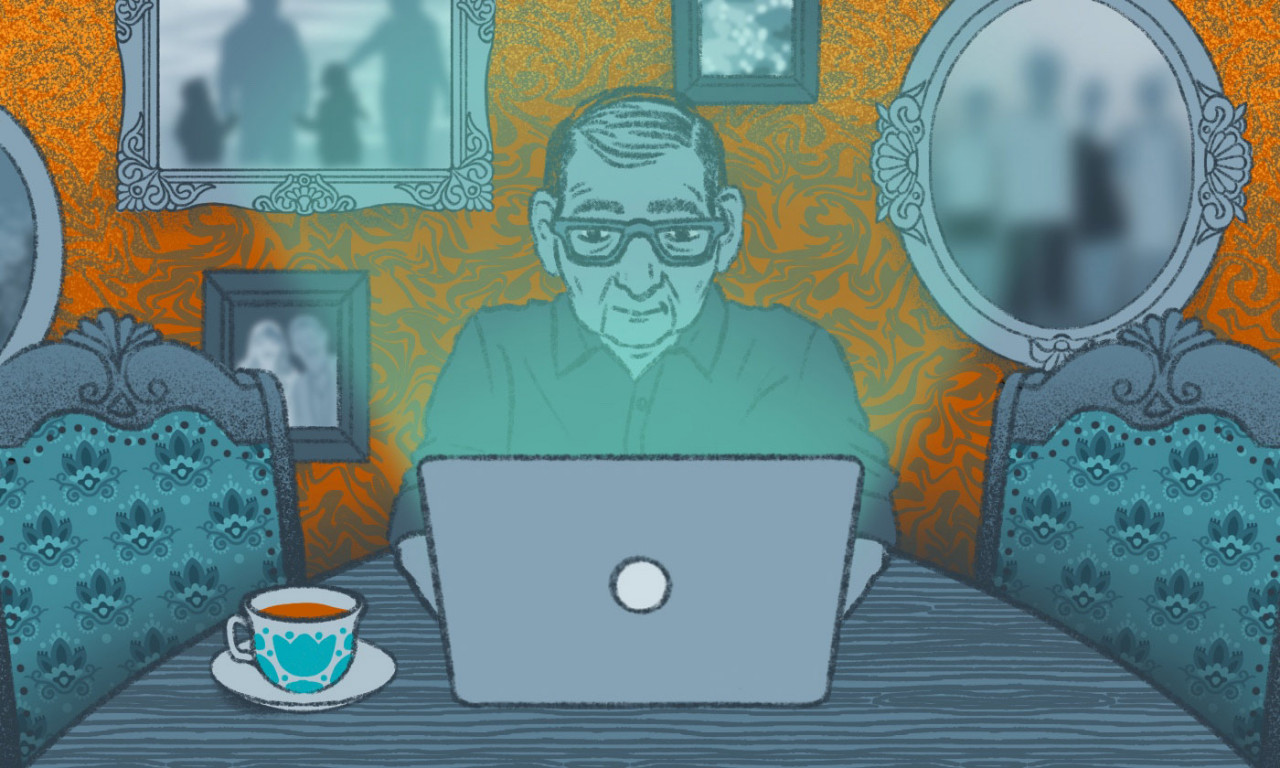The University of Texas at Austin is Now Officially an Age-Friendly University
The University of Texas at Austin has joined the Age-Friendly University (AFU) Global Network, which consists of institutions of higher education around the world who have committed themselves to including adults of all ages in their programs and policies.
"Being recognized as an Age-Friendly University means that UT Austin is an inclusive environment providing education to midlife- and older adults as well as to young adults," says Karen Fingerman, professor of human development and family sciences, research director of the Center on Aging & Population Sciences and director of the Texas Aging & Longevity Center (TALC). "As an institution of higher education, we have sought to respond to the educational interests of adults in midlife, and the growing older population. UT is also at the cutting edge of research on adult development and aging, with strong community involvement with older populations."












